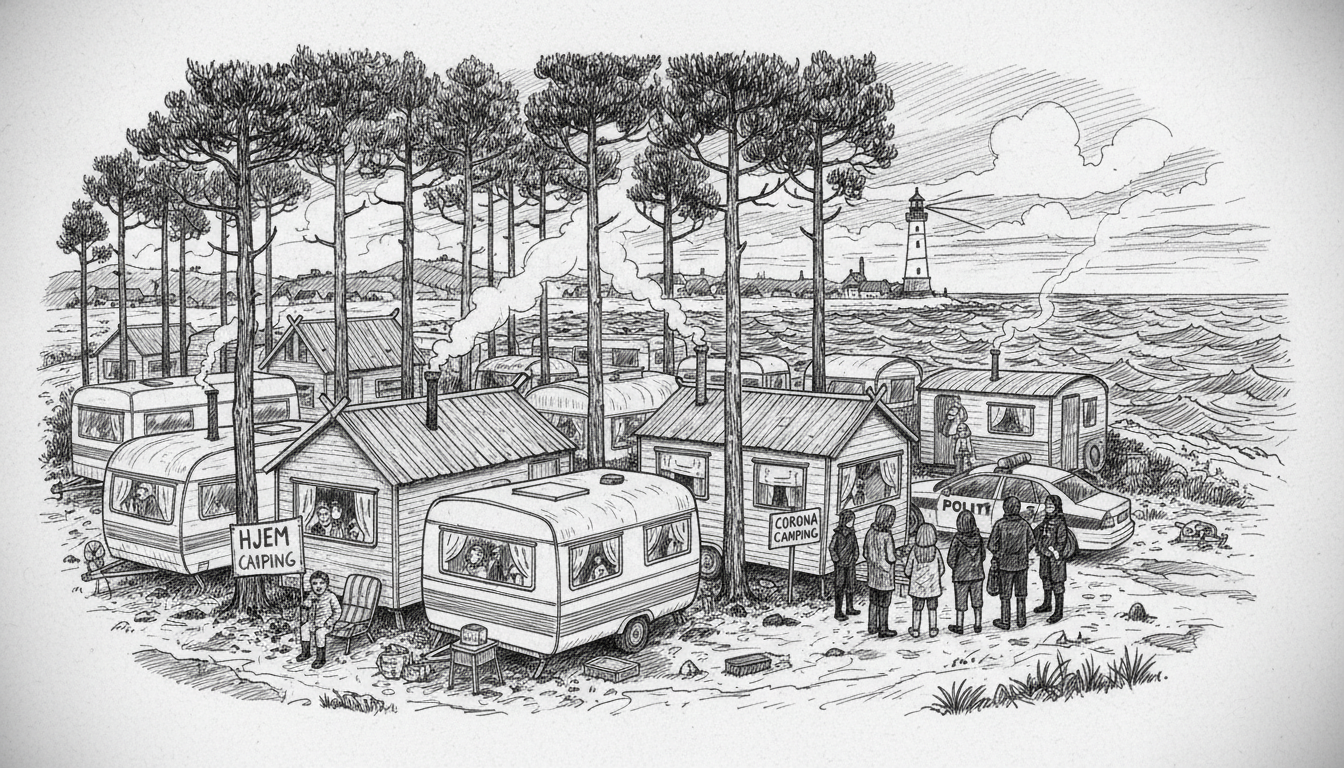Residents at Corona Camping near Borup in Køge Municipality continue to defy evacuation orders. The campsite's 80 permanent residents refused to leave despite a Saturday deadline for clearing the area.
One of the camping site's two owners confirmed the standoff. "We cannot shut down when we have to throw people on the street who haven't found somewhere else to go," said Susanne Palskov Farnø in a statement.
The conflict dates back to 2017 when the municipality first challenged the year-round residence practice. Local authorities have issued multiple injunctions against permanent habitation at the seasonal camping ground.
In June, the Appeals Board ruled in favor of Køge Municipality's position that year-round residence should not be permitted. This decision led to the withdrawal of the campsite's winter permit effective November 1.
The municipality's Climate and Planning Committee had earlier decided residents must vacate by February 15 last year. When they refused, Køge Municipality filed a police report against the campsite.
Meanwhile, Denmark's Parliament approved a trial scheme in April last year allowing five percent of camping sites to be used for winter residence. This two-year experiment creates conflicting regulations that complicate enforcement.
The standoff highlights Denmark's ongoing struggle to balance housing needs with zoning regulations. Camping sites often become de facto affordable housing solutions despite legal restrictions.
What happens next remains uncertain. Municipal authorities face the challenge of enforcing regulations while residents face potential homelessness.
